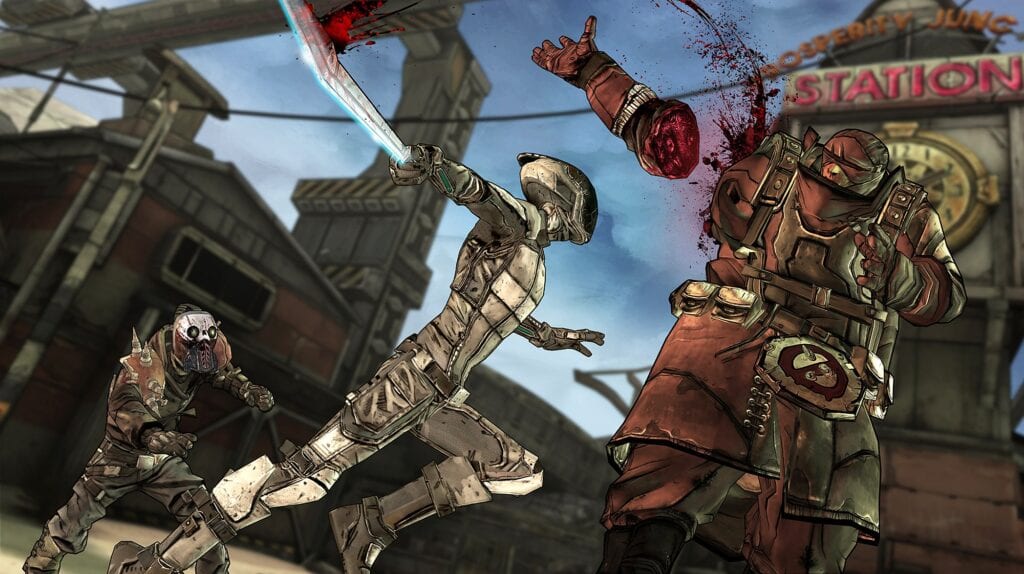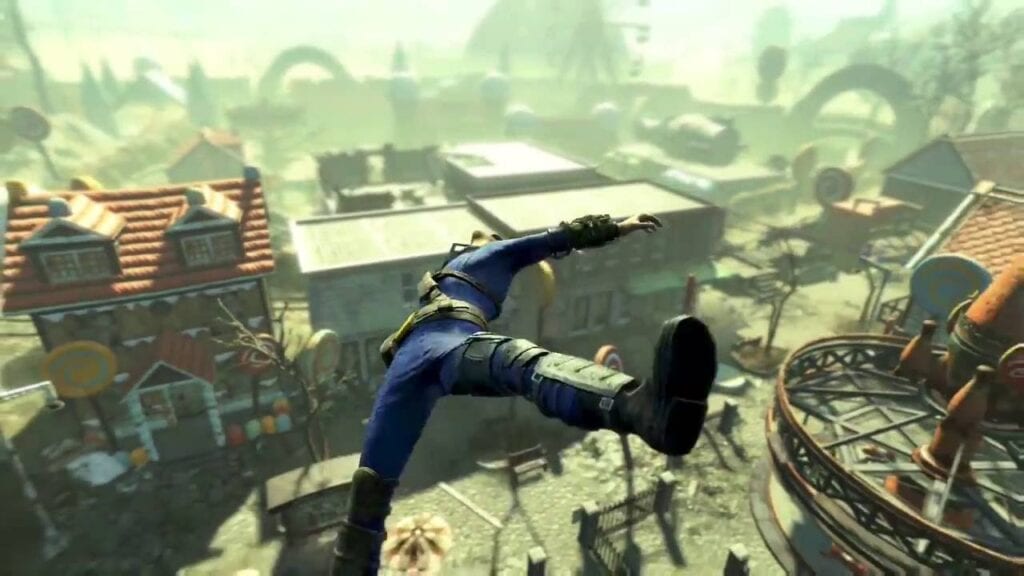New Scientific Study Shows “No Evidence” Of A Correlation Between Violence And Video Games

The most prominent model for learning within games is built around the idea that exposing ideas or concepts to a player within a game such as violence makes those ideas or concepts easier to use in real life. This effect has been called “priming” and is believed to bring about changes in a players’ behavior. Because of this, many have come to believe that violent video games can make a person aggressive in the real world. Research up to this point has had mixed conclusions on the subject, as well as mainstream medias using it as a convenient scapegoat. A new study from the University of York has found that violent video games do not incite violent or aggressive behavior.
The recent study found that video game concepts do not in fact “prime” the player to act in any particular way, nor does increasing the the realism of violent video games increase the aggression of players in the real world. The team utilised over 3,000 test subject (one of the largest studies in this field to date) to compare different types of gaming realism to explore whether more conclusive evidence could be found.
One of the study’s experiments focused on gaming reaction time, tasking participants to play a game where they were a car attempting to avoid collisions or a mouse avoiding being caught by a cat. After playing, the test subjects were shown various images pertaining to the experiment and asked to identify them accordingly. According to Dr. David Zendle of the University’s Department of Computer Science, players who were “primed” through immersing themselves in the concepts of the game should then be able to categorise the objects associated with that game more quickly in the real world after the game had ended. Across the two games however, the results indicated that players were no quicker at categorising images. In some cases, the player’s reaction time was significantly slower.
The team also used another experiment which pitted differing levels of realism that followed in the footsteps of several other past experiments which had mixed results. The University of York’s research in this experiment focused on utilising ragdoll effects, or the lack thereof, as well as “real” and “unreal” soldier tactics. Again, the research team’s findings suggested that there was no link between the realism of a game and the effects that they are commonly said to have on a player. Overall, Dr. Zendle explains that further study may be needed in the future, but the results so far indicate that there is no link between violent video games and aggressive behavior.
We found that the priming of violent concepts, as measured by how many violent concepts appeared in the word fragment completion task, was not detectable. There was no difference in priming between the game that employed ‘ragdoll physics’ and the game that didn’t, as well as no significant difference between the games that used ‘real’ and ‘unreal’ solider tactics. The findings suggest that there is no link between these kinds of realism in games and the kind of effects that video games are commonly thought to have on their players. Further study is now needed into other aspects of realism to see if this has the same result. What happens when we consider the realism of by-standing characters in the game, for example, and the inclusion of extreme content, such as torture? We also only tested these theories on adults, so more work is needed to understand whether a different effect is evident in children players.”
Do you think there’s a correlation between violent video games and aggressive behavior? Let us know your thoughts on the findings of the recent study and more in the comments section below. As always, don’t forget to follow Don’t Feed the Gamers on Twitter for 24/7 coverage of all things gaming and entertainment.

Chris Calles1560 Posts
Known as "Stash" or Yippee Calles. He's a student of everything, avid adrenaline junkie, and creator of random things. When he's not delving into a game, book, or movie - He's out teaching himself new things or taking part in some pretty epic adventures. You can find him on Facebook, Twitter, Instagram and Tumblr.










